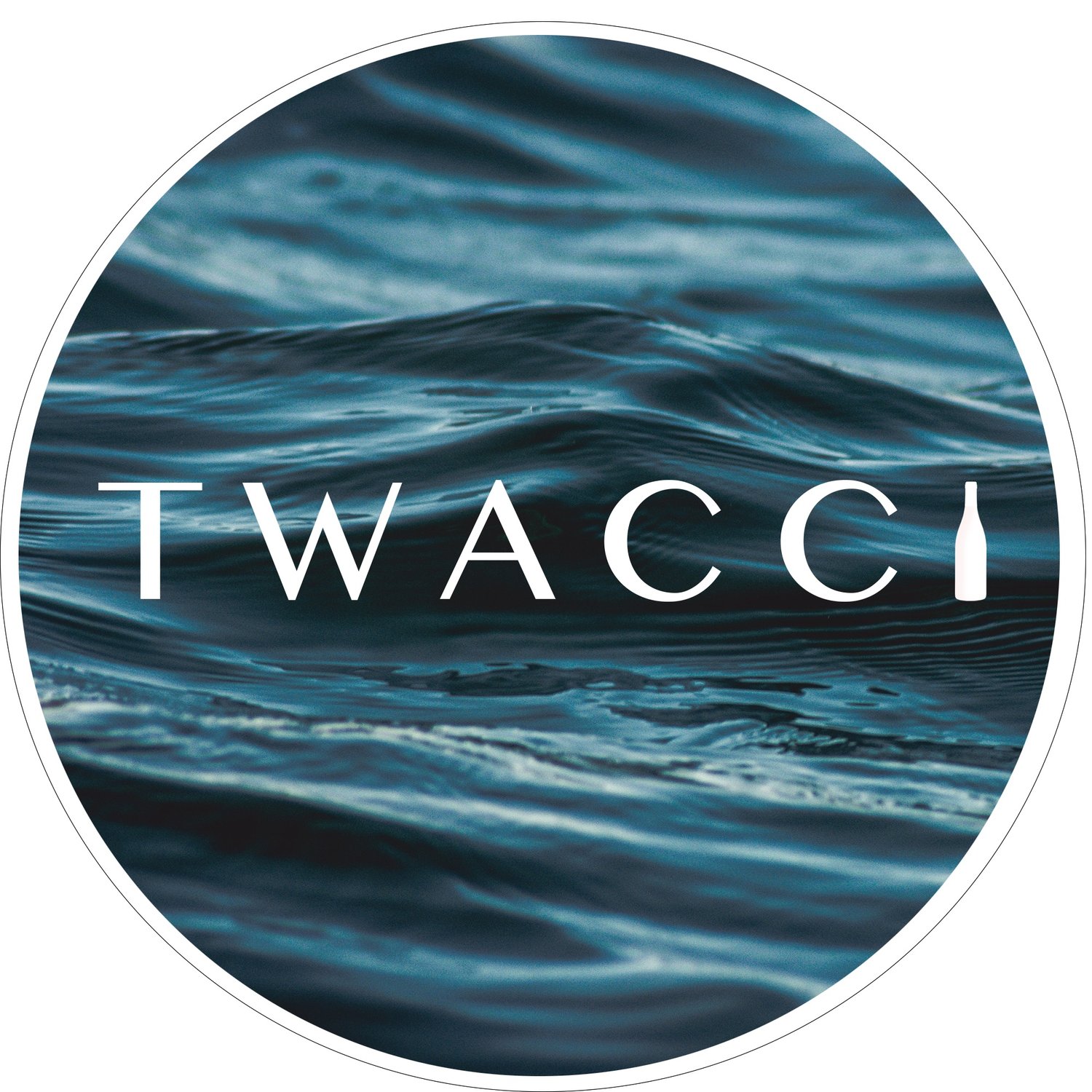TWACCI
TWACCI is an Oxford-based research institute and consultancy service founded in 2016 to address the impact of climate change on the global wine industry. However, the scope of the most recent research now includes other non-subsistence crop sectors such as cacao, coffee, sugarcane and tobacco. TWACCI’s focus is on the feasibility and transparency of freshwater management, irrigation, soil health & biodiversity, the suitability of regional agricultural adaptation techniques, and transitioning to dry farming and rainwater harvesting whilst incorporating the tenets of Traditional Ecological Knowledge (TEK), Indigenous Knowledge Systems (IKS), and Regenerative Agriculture.
OUR MISSION
We are a small team with mixed backgrounds and strengths with agricultural sustainability being our common denominator. We are putting viticulture at the forefront of the “adaptation in agriculture” debate… whether this is creating specific regional adaptation templates, or asking the hard questions about irrigation and water resources for a non-food, luxury commodity. Irrigation is adaptation’s greatest weapon against climate change, whilst it is mitigation’s greatest foe: a collision is inevitable. Because Vitis vinifera is the crop most susceptible to changes in climate, and because wine is a highly visible consumer product at the centre of a popular global industry with an exceptionally long value chain, it is the perfect "poster child" for climate change adaptation and mitigation modeling, and should serve as a template for other agricultural crops as well as other sectors.
SELECTED PROJECTS
Expert Panel Member, The Porto Protocol, Porto, 2022
Steering Committee Member, Sustainable Wine UK, 2021
Moderator: Climate Change & Polyculture at The Future of Wine Americas Conference, June 2021
Moderator: Porto Protocol’s CLIMATE TALK: A Wine World Beyond Glyphosate, March 2021 VIEW HERE
Moderator: Porto Protocol’s CLIMATE TALK: Water Usage In Wines And Vines, October 2020, VIEW HERE
Global Team Expert - Private Markets for Climate Resilience Report. The Inter-American Development Bank (IDB) and the Nordic Development Fund (NDF) (Read here Global Report)
Speaker at the 2019 Climate Change Leadership: Solutions for the Wine Industry, Oporto, Portugal (Water Management Panel) Listen here. Interview post-Climate Change Leadership: Solutions for the Wine Industry Conference in Porto, March 2019.
Consultant to Food & Drink Wales Industry Board, Member of Wine SIG, Welsh Government, and Levercliff (2019)
Contributing Author to the upcoming United Nation’s Encyclopedia of Sustainable Development Goals, Volume on Goal #13, CLIMATE ACTION: Climate Change and Water Management: Non-viability of Freshwater Irrigation in Viticulture.
Viticulture’s Global Water Footprint: An Unaffordable Luxury in Italy’s Archivio Antropologico Mediterraneo published in their December 2017 issue.
Poster Presentation at The 1.5 Degree Paris Update conference in Keble College, Oxford, in 2016
Speaker at the 2016 Royal Anthropological Institute’s Anthropology, Weather and Climate Change Conference in London
“All my modelling is showing that if the climate warms up, given that a variety is able to ripen well in a region in a present climate, the actual quality that we see will be decreasing. Wine drinkers may not understand the complexity that goes into it, but I am sure they can taste the difference.
”














